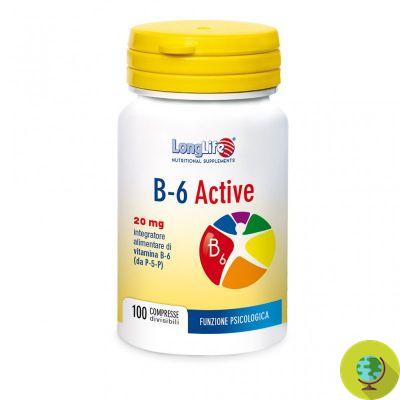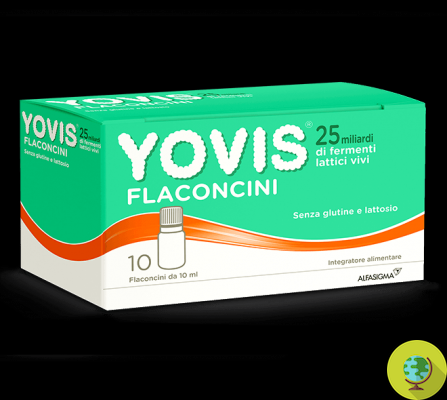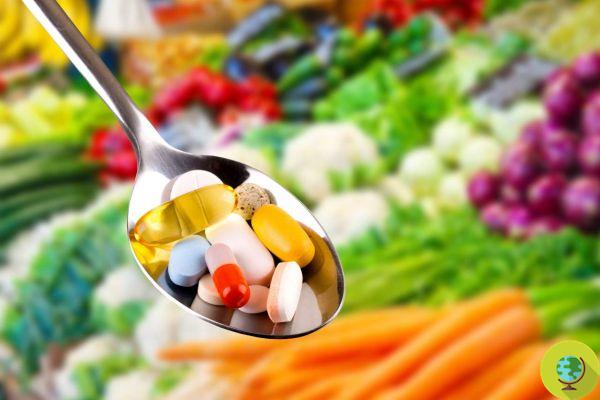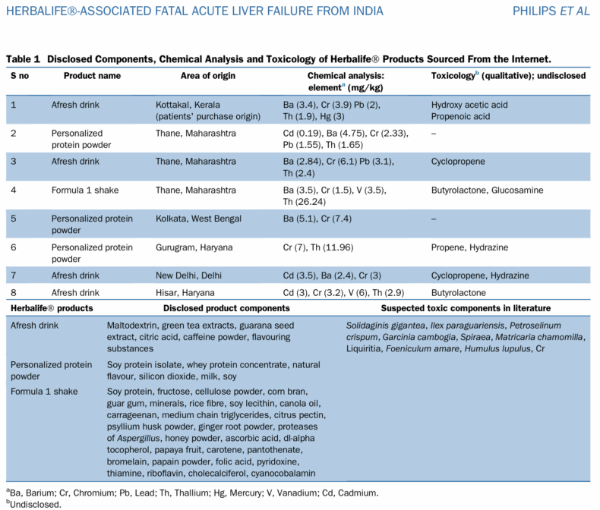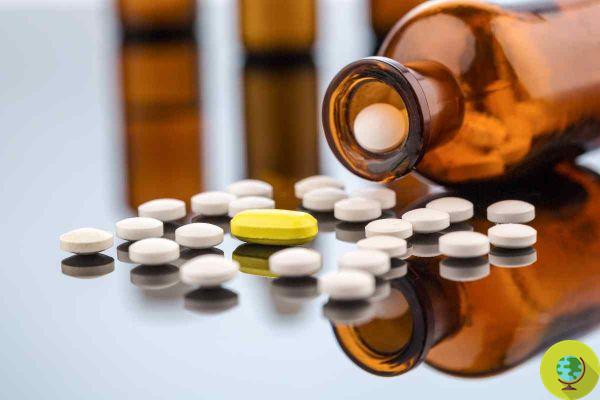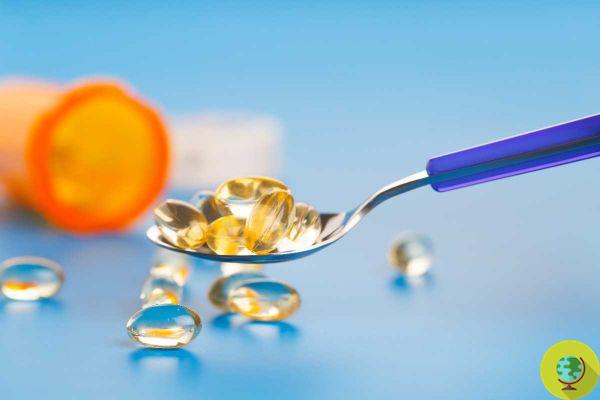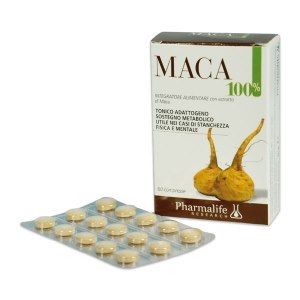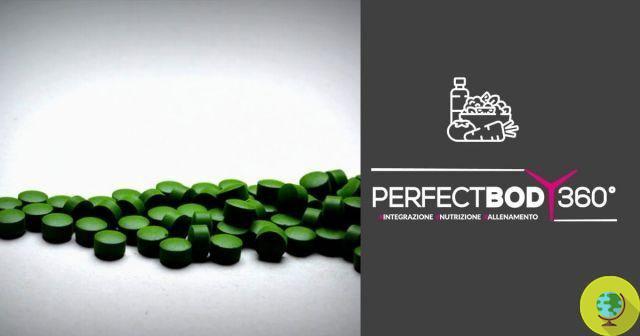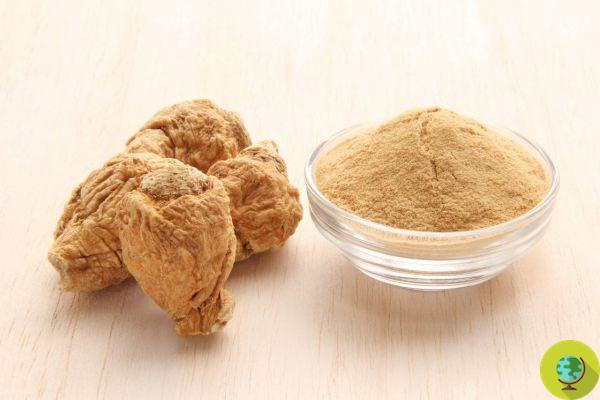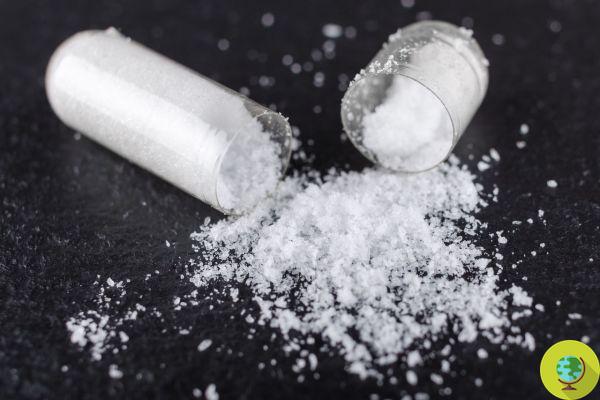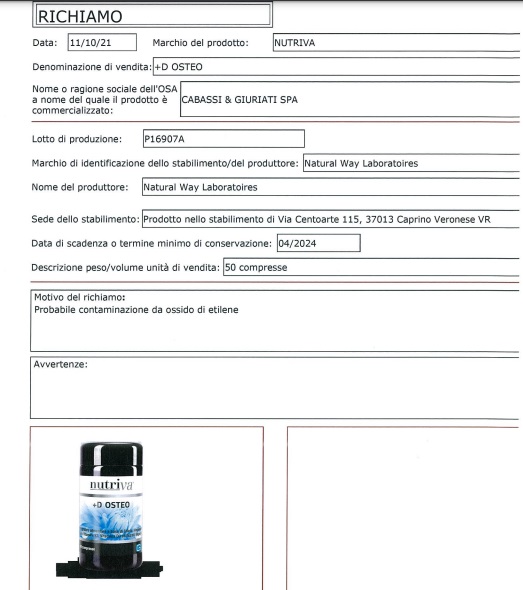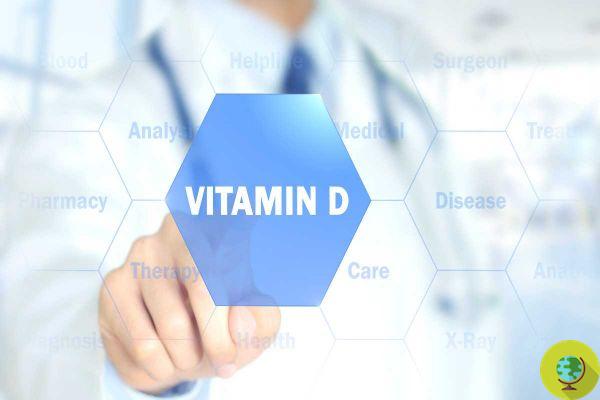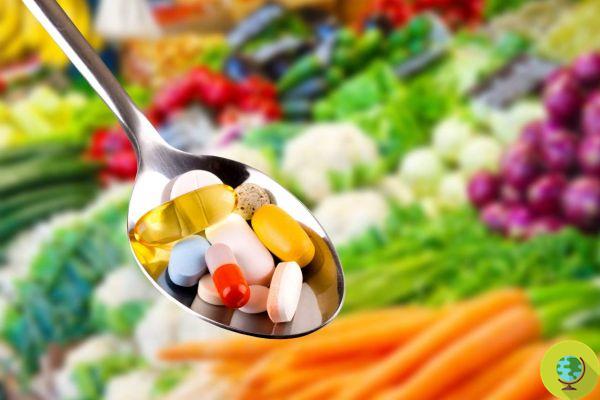
You should not take supplements superficially because, even if natural, they are not without contraindications and side effects
Don't store avocado like this: it's dangerousOften those who take supplements do so without thinking too much and without asking their doctor for advice, underestimating the fact that these products may actually prove to be contraindicated for their situation. Here are 5 important things to consider before taking a supplement.
In recent years, supplements are used more and more often in an attempt to increase energy, avoid vitamin or mineral deficiencies but also with the aim of preventing certain diseases. Of course, there are cases where supplements are indeed very useful (think for example of those with nutritional imbalances such as severe vitamin D deficiency) but, sometimes, we take the idea of taking a supplement too lightly.
Supplements, when they are really needed and the mistakes not to be made
Generally, in fact, if people follow a balanced diet, no supplement is necessary and, in some cases, these products can do more harm than good, creating imbalances or perhaps interfering with some medications that are taken.
Therefore, always seek the advice of your doctor before taking any supplement, avoiding do-it-yourself.
There are in fact several things to consider before taking (possibly) a supplement.
Index
Better to get vitamins and nutrients from food
We often eat in an unregulated way, eat low amounts of fruit and vegetables and drink little water. But, instead of changing bad habits, we prefer to spend money and buy supplements. In fact, a balanced diet usually provides enough vitamins and minerals.
In other words, eating seasonal fruits and vegetables, whole grains, nuts and healthy sources of protein is more than enough in most cases.
Obviously, the situation in which a particular deficiency of one or more substances has been highlighted or if, for some reason, our diet is poor in nutrient-rich foods is different. In this case the supplements are essential and the doctor himself will prescribe them in the right dose (because this is also a very important detail).
Supplements are not always safe and well regulated
There are two misconceptions regarding the safety of supplements that can cause problems. The first is the assumption that if it's available over the counter in a drugstore or health food store (so you don't need a prescription), it's safe. The problem is that even all-natural supplements can have side effects in certain people or when combined with certain medications.
The other common misconception is that because supplements are regulated and controlled, we can always be safe. In fact, EFSA, which regulates supplements in Europe, although it carries out periodic evaluations of substances that can be used in the EU as sources of vitamins and minerals in food supplements and draws up a list of authorized substances, does not check all products. to ensure that the quality and focus are as advertised. To learn more about EFSA's role on natural supplements: ESFA and supplements
The doctor's opinion is essential
Doing it yourself when it comes to taking supplements can be a dangerous choice. The main reason to discuss using the supplement with an expert is that dietary supplements, which include vitamins and minerals, can interfere with medications, and the same goes for herbal or plant-based supplements.
A few examples? Plants such as garlic, ginger, ginseng, and ginkgo biloba can increase the risk of bleeding when taken in combination with blood thinners. And the same happens in the case of turmeric. (Also Read: Turmeric: Watch Out For Interaction And Side Effects With These Drugs)
It is therefore essential that the doctor express himself to understand whether or not that supplement can be suitable for the specific situation of the patient. (Read also: Dietary supplements: are they dangerous? Do-it-yourself prohibited)
Pay attention to the doses
Another common misconception about dietary supplements is that if a vitamin or mineral is good for you, increasing your intake could provide additional health benefits. Obviously this is a misconception, and overdosing on some vitamins or minerals can be downright dangerous. (Read also: Don't overdo the vitamin D! Excess can create intoxication)
Relying on safe sources
Those who want to learn more about the world of supplements or those who are already taking them, it is important that they obtain information based on scientific data. Reliable resources you can consult online include the drugs and supplements section of the Ministry of Health, Mayo Clinic, NIH National Center for Complementary and Integrative Health (NCCIH) or the Natural Medicines Comprehensive Database
Sources: Mayo Clinic / EFSA / Ministry of Health
On supplements read also:
- Aloe supplements, beware! They have not all been banned at all
- Dietary Supplements: Do They Really Work? They are dangerous? The best and worst of the 120 products analyzed
- Supplements, when they are really needed and the mistakes not to be made
- These food supplements are dangerous and should be banned (including aloe juice)
- Supplements: 15 ingredients that could make you sick
- Food supplements: how much do we know about their safety?




